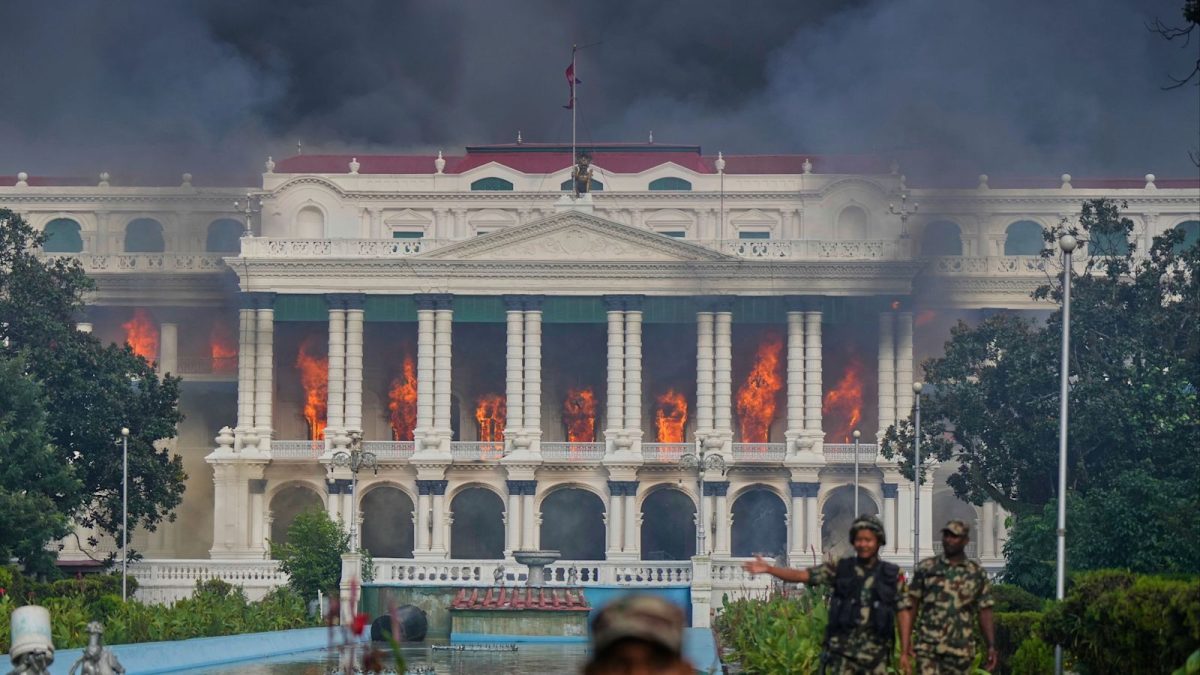
More than one hundred dolphins have been found dead in the Brazilian Amazon after a historic drought and very high water temperatures that, for the first time in many places, have exceeded 102 degrees Fahrenheit.

The Mamiruana Institute, a research group of the Ministry of Science, Technology and Innovation of Brazil, found the dead dolphins on the shore of Lake Tefe’. Thousands of fish had also died and were found along the edges of Lake Tefe’.
The institute reported that such a high number of deaths was not unusual and emerged that lake temperatures during the time were increasing and that a historic drought in the Amazon could have been the cause of the rise in temperature and the death of thousands of fish.
The news is likely to increase climate scientists’ concerns about the effects of human activity and extreme droughts on the region.
For many scientists, it is too early to determine the cause of this extreme phenomenon. Still, according to experts, it undoubtedly has to be related to the drought and the high temperatures in Lake Tefe’, in some points exceeding 39 degrees Celsius (102 degrees Fahrenheit).
The Amazon River is the largest waterway in the world, which is currently in the dry season, and several examples of river fauna are also suffering from record temperatures.
Researchers and activists are trying to rescue the surviving dolphins so they can transfer them to lagoons and ponds on the outskirts of the river where the water is suitable and colder for the dolphins, but it is a complex operation due to the remoteness of the area because transferring dolphins from the river to other rivers is very risky because it is essential to verify if the place is appropriate for dolphins and that it does not contain toxins and viruses (before releasing the animals in a new environment)
The drought in the Amazon also affects the economy since workers find dead dolphins, and many times, the boats get stuck in the sand, which makes the communities impoverished due to the drought.
Water levels have been reportedly below average in 59 municipalities in the state of Amazonas; many communities are being isolated, without access to good quality water or access to the river, their primary means of transportation.
Authorities expect droughts to become higher than usual during the time that passes and may cause more deaths of dolphins and many other species.







